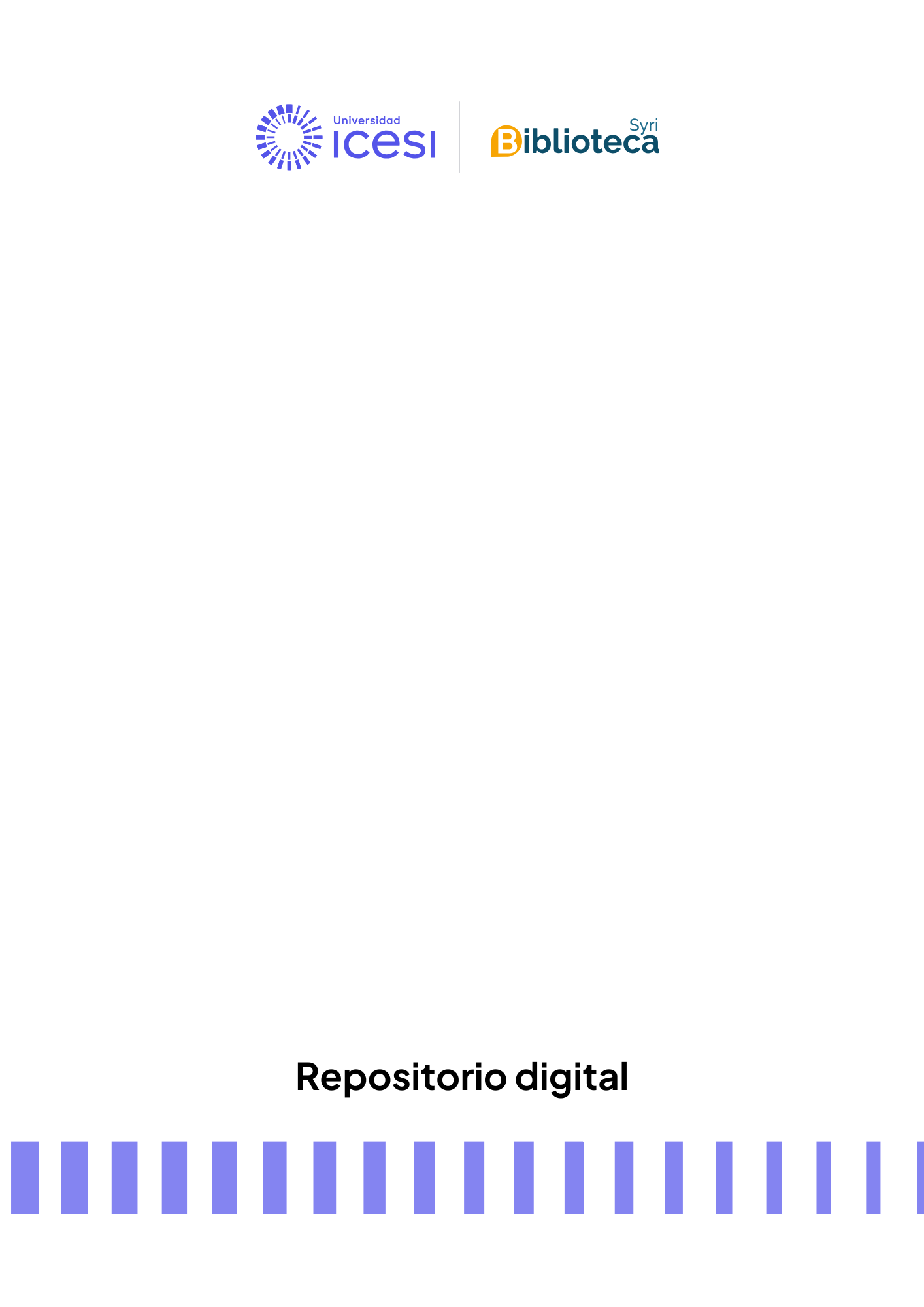How Instructional Methods Influence Skill Development in Management Education

Archivos
Fecha
Autores
Director de tesis/Asesor
Título de la revista
ISSN de la revista
Título del volumen
Publicador
Editor
Compartir
Resumen
Abstract
Research concerning why and how to promote social interaction and learner reflection in management education and training is somewhat underdeveloped. In this investigation, we used a predictive, quasi-experimental design with 246 students from a business school in Colombia who were enrolled in 10 sections of a leadership course to examine expected effects of instructional methods that promoted different levels of social interaction and reflection on self-reported learning behaviors (dialogue and reflection activities), self-efficacy for class performance, and instructors’ assessments of students’ skill demonstration (team work, communication, influence, and work proficiency and effort). In comparisons to students participating in instructional conditions with less social interaction and fewer reflective activities, students participating in an instructional condition that promoted higher levels of these activities exhibited considerably greater student–student dialogue, instructor–student dialogue, and reflection. These learning behaviors in turn led to enhanced self-efficacy for class performance and skilled activity. In addition, students’ perceptions of psychological safety partially mediated relationships between instructional method and dialogical and reflective activities. The implications of these findings for coupling action, dialogue, and reflective activities in management education and training as well as avenues for future research are discussed.

